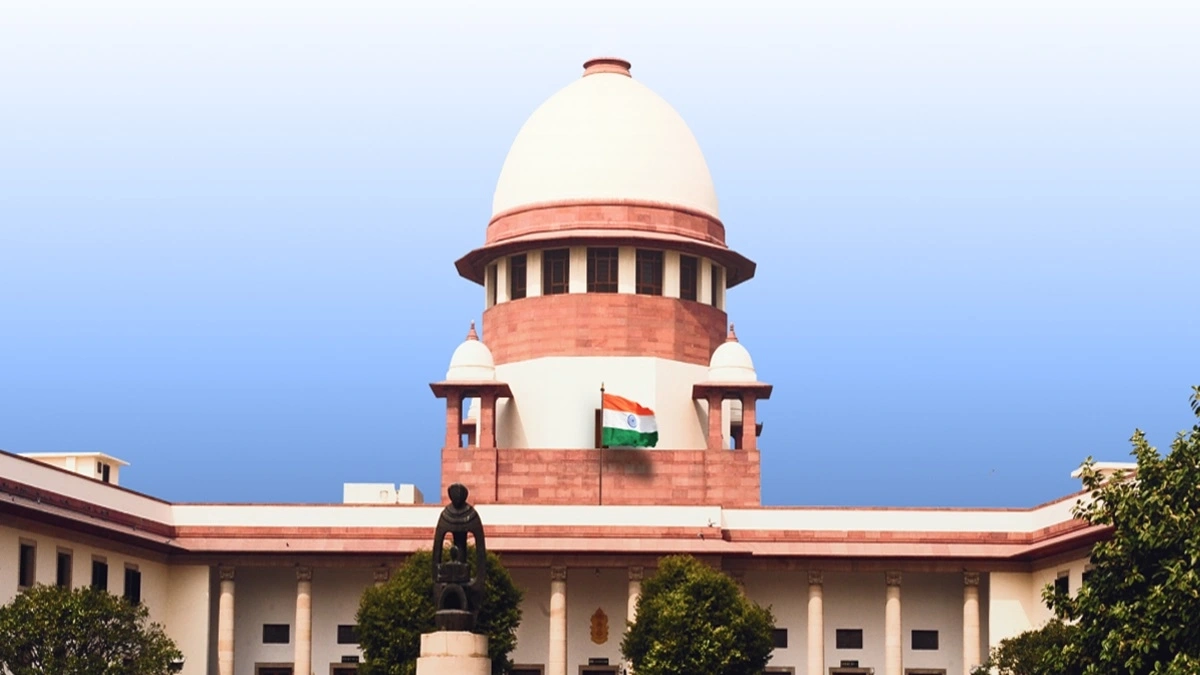BHADRESH BIPINBHAI SHETH v. STATE OF GUJARAT & ANOTHER
(2016) 1 SCC 152
COURT: Supreme Court of India
BENCH: A.K. Sikri, Rohinton Fali Nariman, JJ.
DATE OF JUDGMENT: 1st September, 2015
PARTIES
Appellant: Bhadresh Bipinbhai Sheth
Respondents: State of Gujarat, Manishaben (Prosecutrix)
INTRODUCTION
An ordinary bail is granted to a person who is under arrest, whereas, in an anticipatory bail, a person is directed to be released on bail before arrest is made.
In our country, the necessity for granting anticipatory bail arises mainly because sometimes some significant people try to incriminate their rivals in false cases for their personal vengeance or sometimes for some other purposes by getting them detained.
The rationale is that individual liberty should not be put in jeopardy on instance of unscrupulous and irresponsible person.
Anticipatory bail became part of the new Code of Criminal Procedure in 1973, after the 41st Law Commission Report of 1969 recommended the inclusion of the provision.
In the present case it has been made clear by the Apex Court that the discretion to grant bail must be exercised on the basis of the available material and the facts of the particular case.
FACTS
- Manishaben, a house-wife (prosecutrix) lived with her husband and children a Navpad Tenement.
- One day she had gone to her daughter’s school. While returning home, she was waiting at the bus-station to catch a bus. Bhadresh (appellant), her neighbour saw her and offered her lift in his car. Initially prosecutrix denied the offer but then she sat in his car. She claimed that Bhadresh took the car to some uninhabited place near Telav Village where he beat her and forcefully raped her.
- The appellant threatened her not to narrate the incident to anybody. Being scared, prosecutrix did not tell this to anyone. Taking benefit of the circumstances Bhadresh repeated the act of rape after one month of the first incident of rape. After that as per prosecutrix, Bhadresh threatened her of dire consequences saying that he had taken photographs. This way the appellant continued to keep relationship with prosecutrix.
- Prosecutrix with her husband and children, shifted to Ahmedabad where Bhadresh sent her letter with the threat to defame her. At this stage prosecutrix first disclosed the whole incident to her husband and relatives and then wrote a complaint to the ACP, Crime Branch on 29/05/2001 alleging harassment that was meted out to her by Bhadresh.
- The allegations of rape, emotional blackmail was levelled against the appellant. Later on, the statement of prosecutrix was recorded by a police-officer on 30/05/2001 wherein she again levelled the same allegations of maltreatment, blackmail etc. However, in this statement which was recorded by the Investigating Officer, allegations of rape were plainly missing.
- On the basis of the statement made on 31/05/2001, FIR was registered and charge under Section 506 of Indian Penal Code (bailable offence) was framed in 2001.
- Bhadresh, was granted bail.
- In the year, 2010, prosecutrix made an additional charge under Section- 376 of Indian Penal Code and claimed that the application for anticipatory bail should be rejected as the offence of rape is non-bailable.
ISSUE
- Whether bail under Section 438 of Code of Criminal Procedure, 1973 be granted in a case where one party is claiming to add charge of a non-bailable offence?
JUDGMENT
- In the present case the allegations of rape pertain to a period almost 17 years ago. No charge was framed under Section 376 IPC neither did prosecutrix take any step to add the charge for 9 years. The benefit of Anticipatory bail cannot be denied when such charge is added after a long time and the inaction of prosecutrix is also a contributory factor.
- The FIR was registered and the trial commenced in the year 2001; albeit with the charge framed but not under section 376 IPC, and during all this period prosecutrix has participated in the proceedings. There is no allegation that during this period appellant had tried to influence the witnesses.
- The benefit of Section 438, CrPC cannot be withdrawn merely because the charge under Section 376 IPC is of serious nature.
- It is a case of gross negligence on the part of the police as they missed the point of rape in the final complaint and also on the part of prosecutrix and her family as they did not take any step to get the charge added, which a reasonable and prudent person would have taken.
- No purpose would be served in compelling the appellant, to go behind bars for an offence which is yet not proved.
In the instant case, the Court observed that the principles which govern the grant of ordinary bail may not furnish an exact parallel to the right to anticipatory bail, still such principles have to be kept in mind, namely, the object of bail which is to secure the attendance of the accused at the trial, and the proper test to be applied in the solution of the question whether bail should be granted or refused is whether it is probable that the party will appear to take his trial.
CONCLUSION
The idea of Section 438, The Code of Criminal Procedure, 1973 is concerned with the personal liberty of an individual, who is entitled to the benefit of presumption of innocence since he is not on date of his application convicted of an offence in respect of which he seeks bail.
Order granting anticipatory bail becomes operative only when a person is arrested. An order under section 438 is a device to secure individual liberty and not a passport towards commission of crime. It should not be treated as a shield against any or all kinds of accusations likely or unlikely.
Where the accusations have been made only with the object of injuring or humiliating the applicant by arresting him or her, there the anticipatory bail becomes essential.


Add a Comment